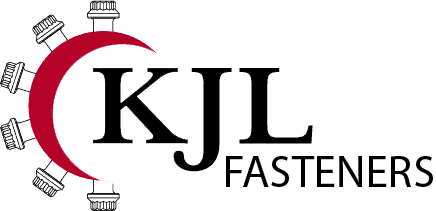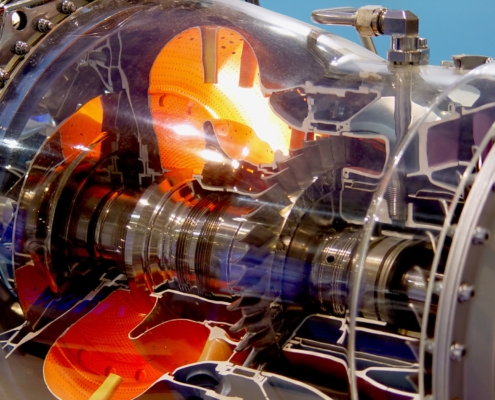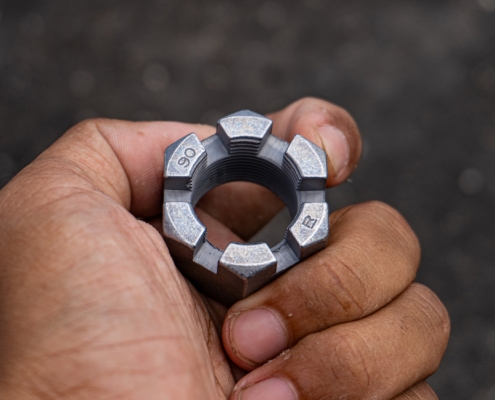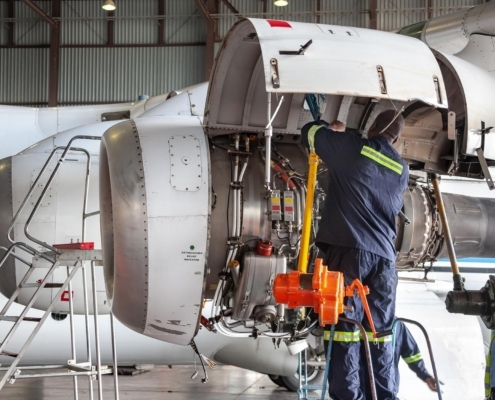 https://kjlfast.com/wp-content/uploads/2025/07/How-to-Validate-MSNAS-Fasteners-for-Fastener-Compliance-and-Traceability.jpg 1250 2000 Abstrakt Marketing /wp-content/uploads/2024/07/kjlFastnersLOGO_v2.png Abstrakt Marketing2025-07-03 11:43:592026-02-11 08:05:04How to Validate MS/NAS Fasteners for Fastener Compliance and Traceability
https://kjlfast.com/wp-content/uploads/2025/07/How-to-Validate-MSNAS-Fasteners-for-Fastener-Compliance-and-Traceability.jpg 1250 2000 Abstrakt Marketing /wp-content/uploads/2024/07/kjlFastnersLOGO_v2.png Abstrakt Marketing2025-07-03 11:43:592026-02-11 08:05:04How to Validate MS/NAS Fasteners for Fastener Compliance and TraceabilityFor aerospace manufacturers, suppliers, and procurement teams, understanding the root causes behind these supply disruptions—and having strategies to navigate them—is crucial. In this blog, we’ll explore what has led to disruptions in the aerospace fastener supply chain, their effects on the industry, and practical steps companies can take to maintain production continuity.
Understanding Supply Chain Disruptions in Aerospace Fasteners
Aerospace fasteners are specialized products manufactured to precise specifications. They require stringent quality assurance, use unique materials, and often depend on vast sourcing networks, making them especially vulnerable to supply chain interruptions.
Why Are Aerospace Fasteners Experiencing Supply Chain Disruptions?
The aerospace fastener supply chain is deeply integrated with global manufacturing and distribution networks, increasing its susceptibility to disruptions. Events like geopolitical conflicts, trade restrictions, and global health crises can rapidly interrupt sourcing and logistics channels.
Additionally, the surge in demand for aerospace components as global travel rebounds places pressure on already strained manufacturing facilities. Any slowdown in raw material availability, transportation delays, or regulatory complications can quickly ripple through the supply chain, causing significant fastener shortages.
The Main Causes of Aerospace Fastener Shortages
Several specific factors have contributed to the current shortages and delays experienced in aerospace fastener supply:
Raw Material Scarcity
Aerospace fasteners are often made from specialty metals like titanium, aluminum alloys, and nickel-based materials. Global shortages and extraction challenges have made sourcing these critical materials more difficult and costly.
Manufacturing Backlogs
Fastener production requires precise manufacturing processes and rigorous testing to meet aerospace standards, making it difficult to quickly increase output when demand spikes. Even when production capacity is expanded, the lead times for specialized machining, heat treatments, and quality assurance inspections can slow the overall supply chain.
Logistics and Transportation Delays
Global logistics disruptions, such as port congestion, shortages in transportation personnel, and container availability issues, lead to unpredictable lead times and extended delivery schedules. These delays can compound supply chain bottlenecks, forcing manufacturers to adjust production schedules or find alternative, often more expensive, shipping routes.
Regulatory Compliance Challenges
Aerospace fasteners must comply with stringent industry certifications (AS9100, ITAR, MIL-SPEC), which can cause bottlenecks due to delays in approvals, inspections, or documentation processing. As regulatory agencies enforce stricter oversight, any backlog in certification approvals can create cascading delays in the availability of aerospace-grade fasteners.
How Supply Chain Disruptions Impact Aerospace Manufacturers and Suppliers
Supply chain disruptions have far-reaching effects beyond delayed deliveries. Manufacturers and fastener procurement teams face increased operational costs, production delays, and even potential compliance risks if forced to turn to less reliable sources for critical components.
Effects on Aerospace Manufacturers
Manufacturers are significantly impacted when fasteners become scarce. Production lines may experience partial or complete shutdowns without critical fasteners, resulting in missed deadlines, delayed aircraft deliveries, and increased operational expenses. Additionally, fastener shortages often lead manufacturers to compete aggressively for remaining supplies, driving up prices and further stretching budgets.
Another concern is the risk of compromising quality standards. Under pressure, some manufacturers may source fasteners from unverified or uncertified suppliers, potentially jeopardizing regulatory compliance and aircraft safety.
Challenges for Aerospace Suppliers and Procurement Teams
For suppliers and procurement teams, the disruption creates volatility and uncertainty. Fluctuating lead times make it difficult to forecast accurately, complicating inventory management and increasing procurement complexity. Suppliers face challenges maintaining consistent inventory levels, forcing them to choose between overstocking—leading to higher holding costs—or risk running out of critical components.
Moreover, procurement teams must navigate heightened competition for limited inventory, increasing the administrative burden and complexity of sourcing high-quality, compliant aerospace fasteners.
Ensuring a stable aerospace fastener supply requires access to reliable, high-quality solutions. Explore KJL Fasteners’ full suite of aerospace fastener products, including specialty and hard-to-find components designed to keep your operations running smoothly.
Strategies to Mitigate Aerospace Fastener Shortages
Proactively addressing potential disruptions can significantly mitigate the risk and impact of aerospace fastener shortages. Employing comprehensive procurement strategies, building diversified supplier networks, and implementing robust inventory management systems can help aerospace companies stay resilient during challenging times.
Building a Resilient Fastener Procurement Strategy
Procurement resilience begins with diversifying supplier relationships. Instead of relying on a single source, companies should establish partnerships with multiple vetted suppliers across different geographic regions. Diversified supplier networks offer flexibility and reduce risk when disruptions occur in one location.
Regular and transparent communication with suppliers is equally important, providing early insight into potential delays or material shortages, allowing companies to adjust purchasing strategies proactively.
Additionally, accurate demand forecasting and real-time data analysis can help procurement teams anticipate future needs and secure essential fasteners well ahead of potential shortages.
Stockpiling and Just-in-Time Inventory Management
Balancing inventory levels is critical in managing supply disruptions. Companies should regularly assess stock levels, identifying high-risk or critical fasteners to stockpile strategically. Combining just-in-time practices with targeted stockpiling creates a hybrid model that reduces carrying costs while ensuring essential fasteners remain available.
Long-term supplier agreements can further safeguard inventory availability by locking in pricing and establishing delivery expectations, even during periods of high volatility or shortage.
Exploring Alternative Fastener Materials and Designs
When traditional materials are scarce or prohibitively expensive, companies should explore alternative alloys or innovative coatings that provide comparable performance. Working with suppliers capable of delivering customized solutions can also be invaluable, as specialized fastener designs may accommodate different materials or reduce dependency on scarce resources.
How KJL Fasteners Ensures Supply Chain Stability
At KJL Fasteners, we recognize the importance of maintaining a consistent, reliable supply of aerospace fasteners, even in uncertain global conditions. Our strategic approach to sourcing and inventory management has enabled us to support aerospace projects consistently and avoid costly disruptions.
High Availability Through a Vast Supplier Network
KJL Fasteners maintains strong relationships with a broad network of suppliers and manufacturers. This extensive network allows us to source specialty materials and respond swiftly to changing market conditions. Our strategic partnerships give us flexibility and agility to ensure reliable deliveries to our customers.
Reliable and Consistent Inventory in Uncertain Conditions
By continuously monitoring market trends, customer demands, and potential disruptions, we maintain optimized stock levels, ensuring that essential aerospace fasteners are consistently available when our clients need them.
Furthermore, our expertise in custom-engineered fasteners allows us to provide alternative solutions if traditional materials become scarce or unavailable, helping customers maintain their production timelines and compliance requirements.
Overcome Supply Chain Disruptions With KJL Fasteners
Navigating supply chain disruptions in aerospace fastener procurement requires awareness, strategy, and reliable partnerships. While global events continue to introduce uncertainty into supply chains, proactive strategies like supplier diversification, strategic stockpiling, and exploring innovative materials help aerospace companies minimize risk and maintain continuity.
KJL Fasteners provides the reliability, adaptability, and strategic expertise needed to overcome supply challenges. Our extensive global network and proactive approach ensure our customers remain supplied with high-quality, compliant aerospace fasteners, even during disruptions.
Partner with KJL Fasteners today to secure your supply chain and confidently navigate the complexities of aerospace fastener procurement in challenging times.
